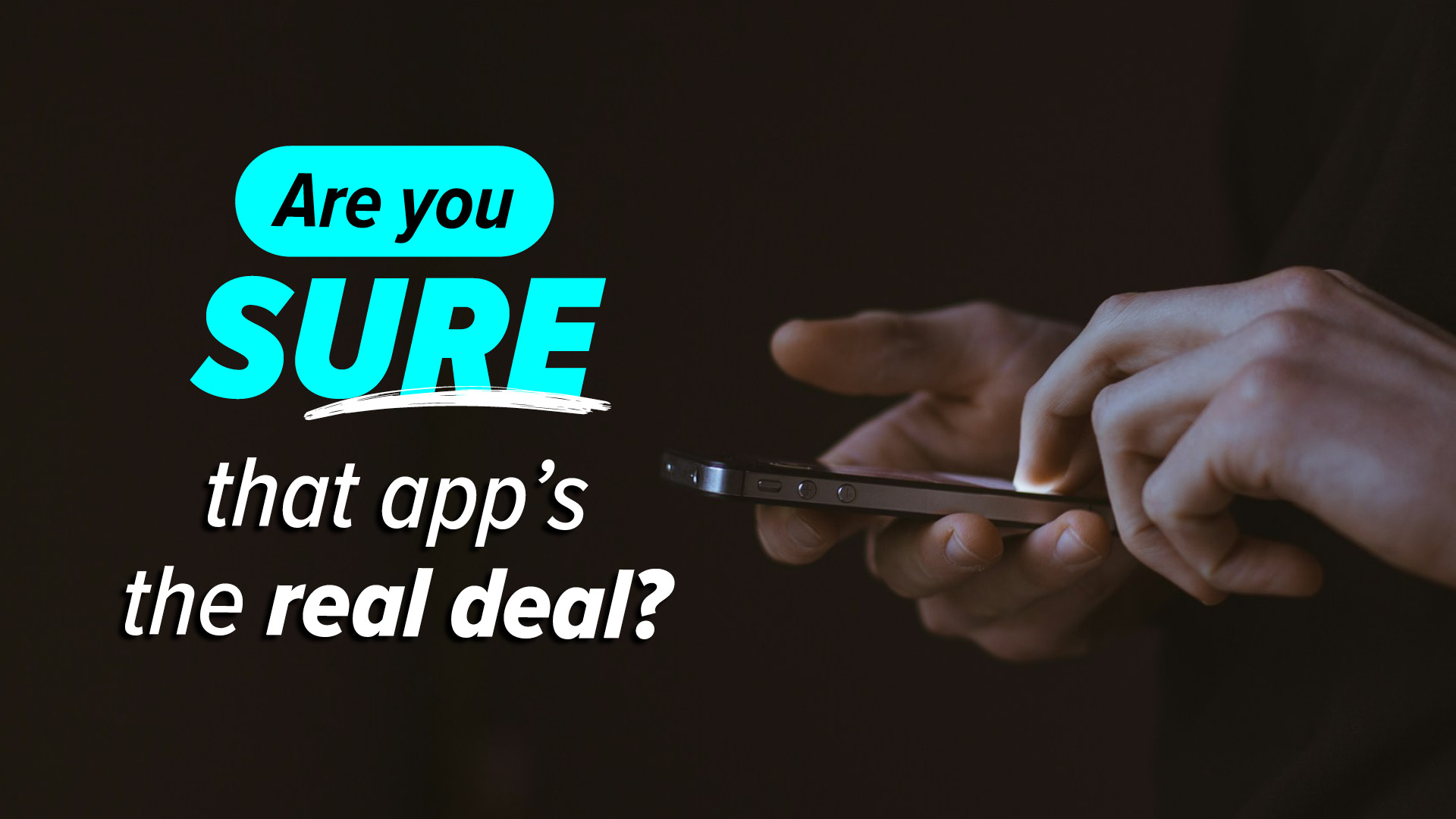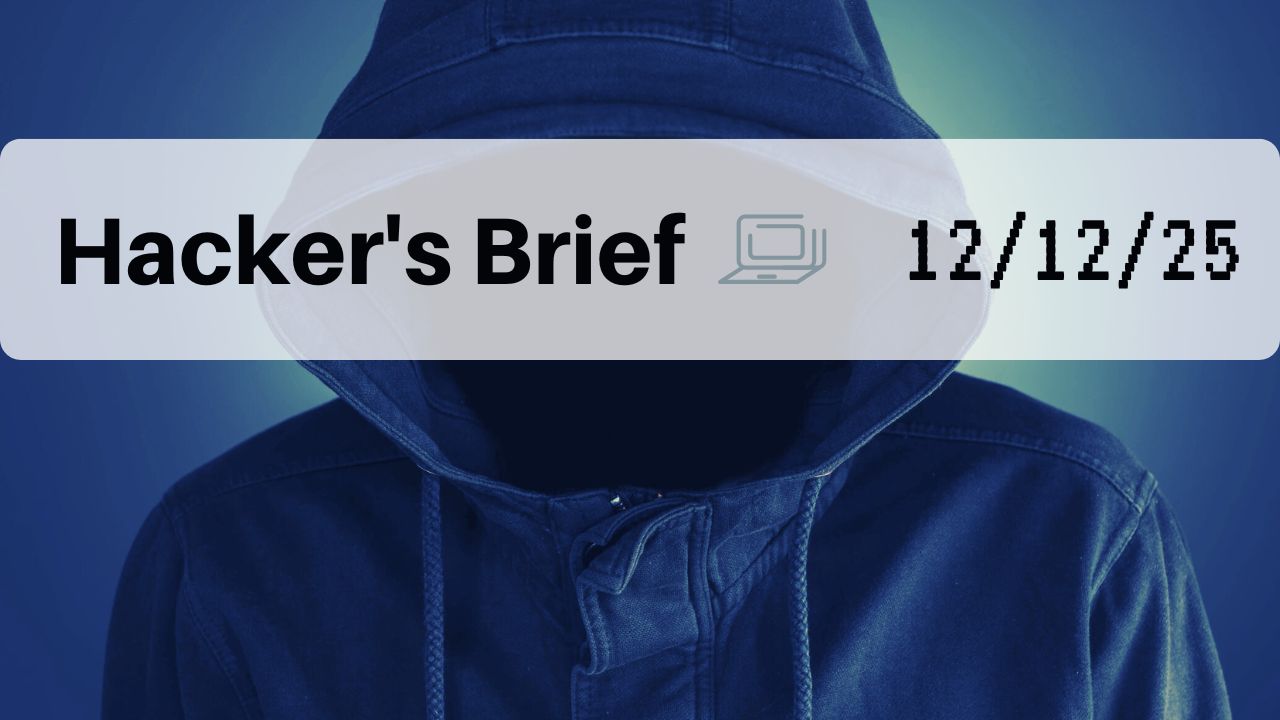
www.wyocan.org
www.cyberwyoming.org/alliance
307.314.2188, PO Box 2332, Laramie, WY 82073
Some Scammers Aren’t the Brightest Bulbs:
A Laramie citizen reported an email from a man claiming to be an engineer with Exxon Mobile and a Texan named Peter Tomkins, saying he was in search of a business partner “in your country.” The Gmail address looked like it came from another name and (sarcasm) as far as the Laramie-ite knew, Texas is still part of the Union.
Norton Scammers are Getting Serious:
If you receive an email from “Order Updates” (but really from a Gmail address) with the subject line of “Your Invoice # JGJ-384464 of item,” do not open the invoiced attachment. The attachment claims to be from Norton Life Lock Security and looks like an invoice. Reported by a Sheridan citizen. CyberWyoming Note: If you have a question, remember to look up company’s contact information and inquire directly, not through the email or text.
Medical Store ID-WY77A7 Scam Alert:
A Sheridan citizen received an email for a bill for $381.99 claiming to be from CVS. Oddly, the address to contact listed Wyoming, Rhode Island. The email was from a Gmail address.
Two More Fake Dying Widows:
If you receive an email from Chantal Moro whose email is Veronique.masson11@gmail.com with the subject line of “important”, remember that unknown solicitations from people who ‘have very little time left’ are usually money laundering schemes. Another one was reported by the same Laramie citizen that claimed to be from Jackie James, quoted scripture, and asked for help donating $12.5 million in funds.
Text Scam Reported by Laramie Citizen:
If you receive a ‘mistaken’ text message with an attractive picture of a stranger saying “It has been a long time, but let’s catch up,” please know it is a scam. Do not reply to let the sender know that they have the wrong number because it signals that the number is active and may be the first step towards a romance scam. CyberWyoming Note: This scam was also reported in a Scambusters.org newsletter.
Doubled Losses:
According to the FBI’s Internet Crimes Complaint Center, Wyomingites reported double the losses to internet related scams, up from about $5 million in 2020 to $10 million in 2021. www.ic3.gov/Home/AnnualReports Nationally, according to Scambusters.org, US consumers reported scam losses of $5.8 billion to the Federal Trade Commission in 2021, also more than doubling 2020’s numbers.
White House Issues Critical Infrastructure Cybersecurity Warning:
Biden issued a statement to urge all critical infrastructure sectors to ‘harden your cyber defenses immediately by implementing best practices’. Contact your IT professional and/or the Wyoming Office of Homeland Security to learn about local and national critical infrastructure programs, including the Department of Homeland Security’s Cybersecurity and Infrastructure Security Agency (CISA) guidance and assessments.
CISA Issues Tactics, Techniques, and Procedures of Russian Cyber Actors Targeting the Energy Sector:
On March 24, CISA (Cybersecurity and Infrastructure Security Agency) announced that the Department of Justice unsealed indictments of 3 Russian state-sponsored actors to reveal tactics and techniques of attack on the energy sector. This is an excellent document to review and compare to an existing critical infrastructure security program. www.cisa.gov/uscert/ncas/current-activity/2022/03/24/state-sponsored-russian-cyber-actors-targeted-energy-sector-2011
$80 Million Haul from Fake Surveys and Giveaways:
Crooks are netting an estimated $80 million per month globally from fake surveys and giveaways by impersonating well-known brands. Using ads, text messages, social media, and on-screen pop-ups, they lure victims to cloned and malicious sites, then take their victims through a series of pages during which they gather information for identity theft or data harvesting, while pretending a big prize is just one more click away. It never is. Brought to you by Scambusters.org.
Scambusters Encourages You to Say 'No' to USBs:
Don't be tempted to insert that mysterious USB drive that arrived in the mail. It's the latest trick being used by scammers to get you to install malware and ransomware on your PC. USBs are as cheap as dirt these days, so crooks send out malware-laden ones in the thousands, hoping that curiosity will prompt recipients to try to see what's on them.
Watch Your Website’s Contact Forms Closely:
According to KnowBe4’s CyberHeist News, criminals are starting to use the contact forms on websites to initiate communication instead of sending unsolicited emails. Using the forms, bad actors are posing as potential customers asking for quotes, then when email correspondence is established, a malicious file is sent that is disguised as being relevant to the quote process. Since malicious files like this would probably be caught by email filters, they are sending the file through file sharing services like TransferNow and WeTransfer.
Please report scams you may experience to phishing@cyberwyoming.org to alert your friends and neighbors.
Other ways to report a scam:
- Better Business Bureau Scam Tracker: bbb.org/scamtracker/us/reportscam
- Wyoming Attorney General’s Office, Consumer Protection 307-777-6397, 800-438-5799 or ag.consumer@wyo.gov
- File a complaint with the Federal Trade Commission at ftccomplaintassistant.gov
- Report your scam to the FBI at www.ic3.gov/complaint
- Reported unwanted calls to the Federal Trade Commission’s Do Not Call Registration. Online at donotcall.gov/report.html or call 1-888-382-1222, option 3
- Office of the Inspector General: oig.ssa.gov
- AARP Fraud Watch Network (any age welcome) Helpline 877-908-3360
- IRS: report email scams impersonating the IRS to phishing@irs.gov
- Call the Wyoming Senior Medicare Patrol (SMP) for assistance with potential Medicare fraud, abuse, or errors at 1 800 856-4398
- Victim Support: The AARP Fraud Watch Network and Volunteers of America (VOA) created a new, free program to provide emotional support for people impacted by a scam or fraud, called ReST. Visit www.aarp.org/fraudsupport to learn more about the free program and register






.jpg)

